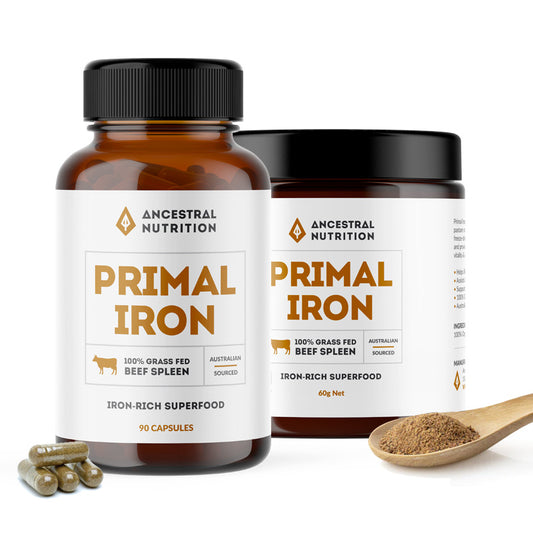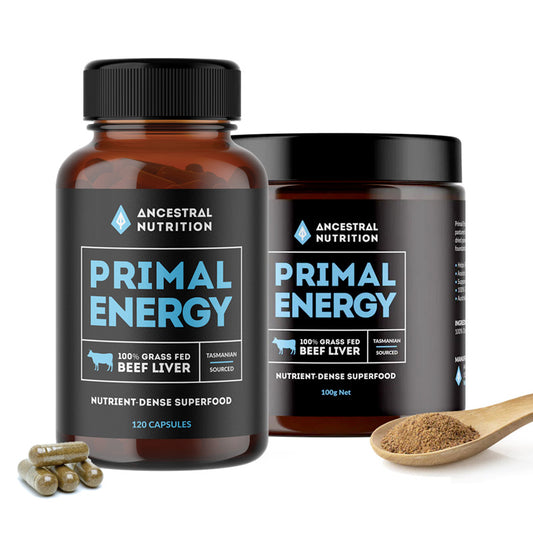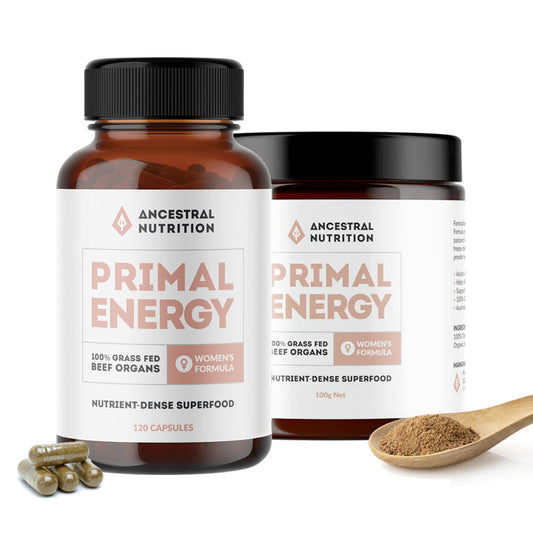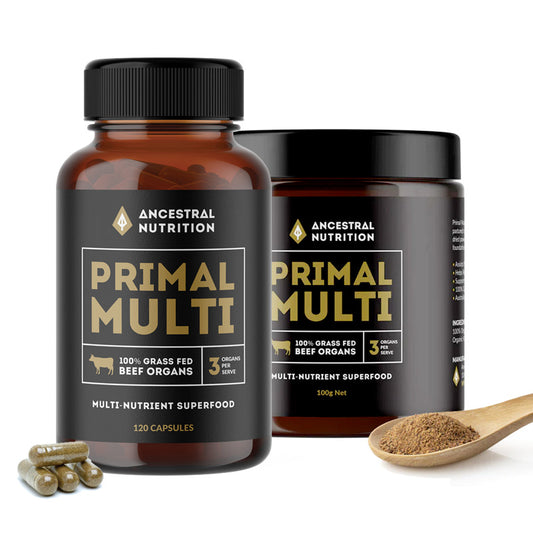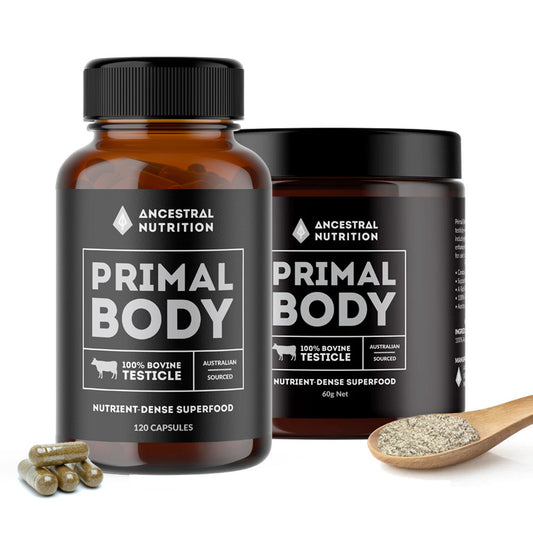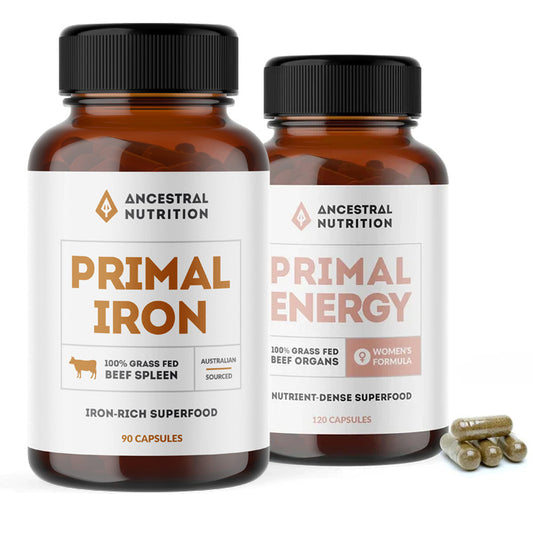What If Stress Was the Secret to Feeling Better, Not Worse?
article by Emily Collyer
Something I never thought I’d say as a Nutritionist… Stress might be the most underrated health tool we have.
Yes, stress.
The thing we’ve all been taught to avoid it- and for good reason. Ongoing, unrelenting stress is harmful. It’s linked to poor sleep, anxiety, burnout, and even chronic illness.
What if I told you not all stress is harmful? Lets talk about the other side of the stress story- one thats gaining attention in functional health circles.
Cortisol, known as the body’s main “stress hormone,” often gets a bad rap — but it’s not all bad. It's an essential hormone for life. It helps our body to evolve! A vital survival tool, helping us react quickly when faced with danger.
Lets Reframe Stress
Cortisol, often called the body's stress hormone, plays a vital role in helping us respond to life's challenges. In small, controlled doses, stress acts as a signal that pushes the body to adapt and become more resilient. Health professionals are increasingly viewing short term stressors as a form of stimulus- an adaptation trigger rather than something to always avoid. This is known as hormesis.
Is Short Term Stress Is the Key To Resilience?
Hormesis is a concept that a small, temporary stressor can stimulate beneficial biological responses. These controlled stressors may help the body adapt in ways that support strength, energy production, and overall resilience.
3 Stressors I Advocate For As A Clinical Nutritionist
1. Resistance Training
Lifting heavy weights creates micro-tears in your muscles ( a stressor!). Your body repairs them—making you stronger. Lifting weights also:
- Improves blood sugar regulation, bone density, and brain health.
- Increases longevity by building more mitochondria for efficient energy.
- Raises metabolic rate by increasing lean muscle mass to burn more calories at rest.
2. Heat Exposure (Saunas)
Sitting in a sauna creates physical stress—your heart rate goes up, you sweat, your body activates repair proteins. The result?
- Lower blood pressure, improved cellular function, and reduced risk of cardiovascular disease.
- Support muscle recovery and growth hormone production by repairing damaged proteins
-
Activation of hormesis, stimulating autophagy (cell clean-up) and improving mitochondrial health
3. Cold Exposure (Ice Baths or Cold Showers)
A temporary shock that trains your body to handle stress better — and improves both metabolic and mental performance.
- May reduce muscle soreness and speed up recovery from physical exertion
- Stimulation of the vagus nerve, improving parasympathetic tone (rest-and-digest state) and emotional resilience
-
Activation of brown fat, increasing thermogenesis and potentially supporting weight regulation and glucose metabolism
Side note: These might not be for everyone!
But here’s the key: Becoming resilient only works if you recover well.
We believe in prioritising recovery practices at Ancestral Nutrition:
- Rest days
- Breath work
- Nature walks
- Nutrient support (hello beef liver ✨)
The Role of Nutrients in Stress & Recovery
We keep beef organs in our back pocket for a reason.
Beef liver naturally contains nutrients involved in energy metabolism, antioxidant function, and immune support, which may support the body during times of increased physical or emotional demand.
They’re crucial for:
-
Immune regulation
-
Hormone balance
- Energy production
-
Antioxidant support
Supporting your nutritional needs during times of stress is one way to promote overall wellbeing and resilience. Explore how key nutrients in beef liver play a role in immune system function:
How Beef Organs May Support Immune Function
Bottom Line: Rethink Stress
Modern life has us living in constant comfort—but our biology was built for challenge and recovery.
Instead of avoiding stress at all costs, it’s time to ask:
"How can I be more equipped to handle stress?
📣 Want to learn more?
Tune into this podcast episode. Our founder Stu discusses techniques to reduce the negative impact of stress on their health.
Overcoming Stress & Fatigue the Natural Way with Dr. Ritamarie Loscalzo
Disclaimer: This article is for general informational purposes only and is not intended to diagnose, treat, cure, or prevent any disease. Always consult a qualified health professional before making changes to your diet or lifestyle.
References
Bleakley, C., McDonough, S., Gardner, E., Baxter, G.D., Hopkins, J.T. and Davison, G.W. (2012). Cold-water immersion (cryotherapy) for preventing and treating muscle soreness after exercise. Cochrane Database of Systematic Reviews, [online] 2(2). doi:https://doi.org/10.1002/14651858.cd008262.pub2.
Garavaglia, S., Perozzi, S., Galeazzi, L., Raffaelli, N. and Rizzi, M. (2009). The crystal structure of human α-amino-β-carboxymuconate-ε-semialdehyde decarboxylase in complex with 1,3-dihydroxyacetonephosphate suggests a regulatory link between NAD synthesis and glycolysis. FEBS Journal, 276(22), pp.6615–6623. doi: https://doi.org/10.1111/j.1742-4658.2009.07372.x.
Huberman, A. (2024). Is stress good or bad for you? | Ask Huberman Lab. [online] Dexa. Available at: https://ai.hubermanlab.com/s/2gti0cRN? [Accessed 20 May 2025].
Ibanez, J., Izquierdo, M., Arguelles, I., Forga, L., Larrion, J.L., Garcia-Unciti, M., Idoate, F. and Gorostiaga, E.M. (2005). Twice-Weekly Progressive Resistance Training Decreases Abdominal Fat and Improves Insulin Sensitivity in Older Men With Type 2 Diabetes. Diabetes Care, 28(3), pp.662–667. doi:https://doi.org/10.2337/diacare.28.3.662.
Menzies, F.M., Fleming, A. and Rubinsztein, D.C. (2015). Compromised autophagy and neurodegenerative diseases. Nature Reviews. Neuroscience, [online] 16(6), pp.345–357. doi:https://doi.org/10.1038/nrn3961.
Mufson, E.J., Counts, S.E., Ginsberg, S.D., Mahady, L., Perez, S.E., Massa, S.M., Longo, F.M. and Ikonomovic, M.D. (2019). Nerve Growth Factor Pathobiology During the Progression of Alzheimer’s Disease. Frontiers in Neuroscience, [online] 13, p.533. doi:https://doi.org/10.3389/fnins.2019.00533.
Srikanthan, P. and Karlamangla, A.S. (2014). Muscle Mass Index As a Predictor of Longevity in Older Adults. The American Journal of Medicine, 127(6), pp.547–553. doi:https://doi.org/10.1016/j.amjmed.2014.02.007.
van der Lans, A.A.J.J., Hoeks, J., Brans, B., Vijgen, G.H.E.J., Visser, M.G.W., Vosselman, M.J., Hansen, J., Jörgensen, J.A., Wu, J., Mottaghy, F.M., Schrauwen, P. and van Marken Lichtenbelt, W.D. (2013). Cold acclimation recruits human brown fat and increases nonshivering thermogenesis. Journal of Clinical Investigation, 123(8), pp.3395–3403. doi:https://doi.org/10.1172/jci68993.


